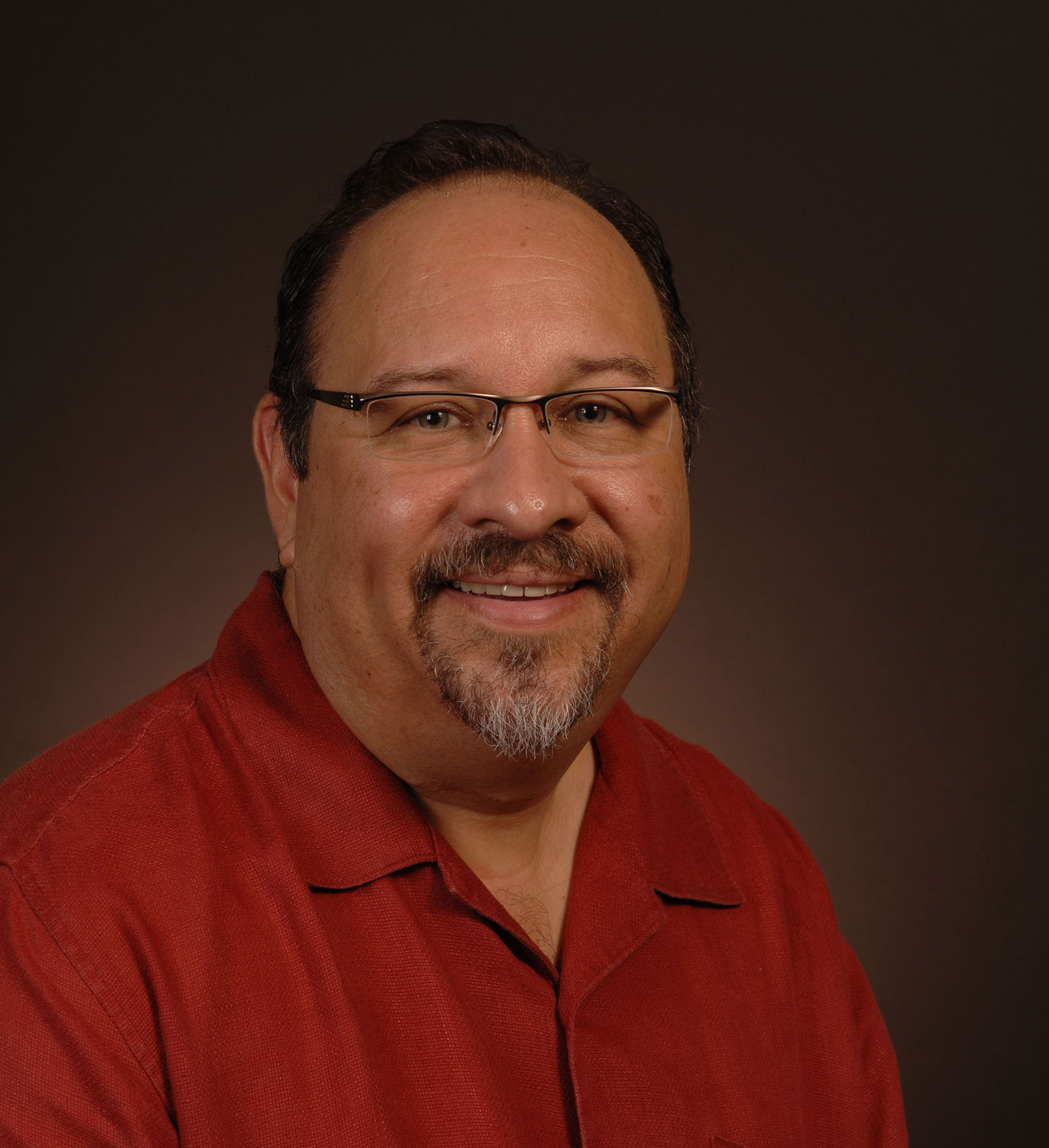The CLASroom: Expert perspective on the future of presidential elections
Professors in ASU’s College of Liberal Arts and Sciences share opinions on a range of topics in new video series
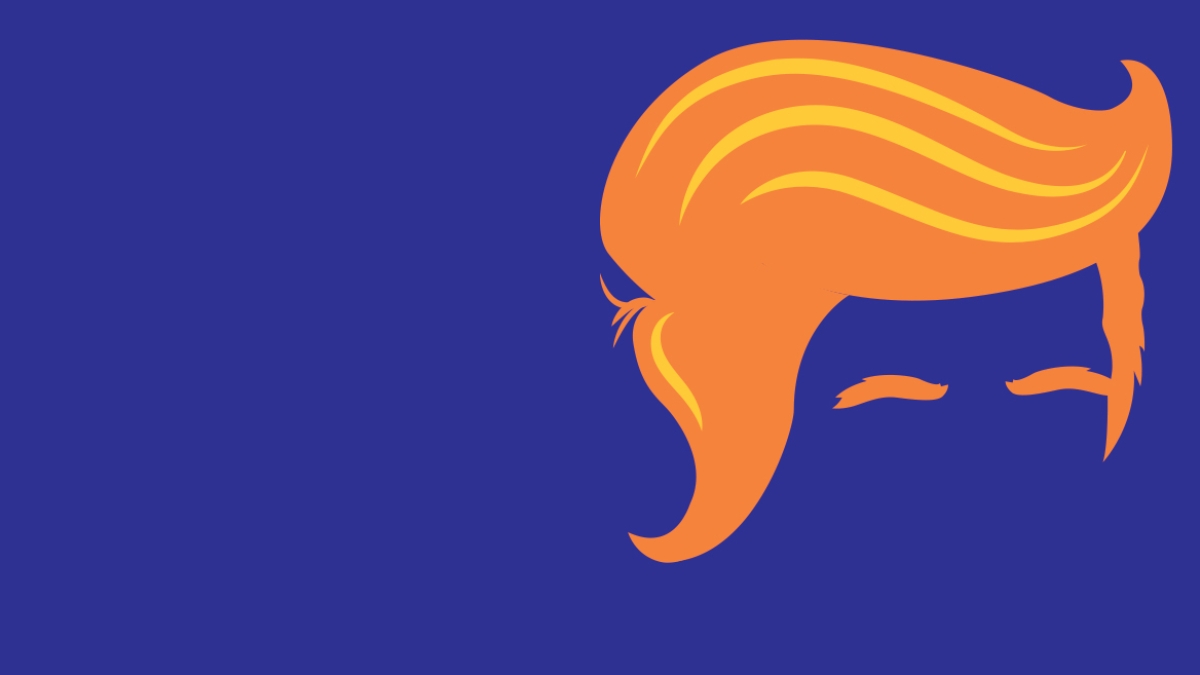
“How to register to vote?”
That was the second-most-searched “how to” question on Google in 2016. In the fast-paced age of information, people want answers now — as quickly as a question can be typed into a search engine.
Registering to vote wasn’t the only question on society’s mind. This past election year in the U.S. elicited many different questions, from “What is a superdelegate?” to “What is the Electoral College?”
Now, professors in the College of Liberal Arts and Sciences at Arizona State University will answer some of these questions for the public with a new video series. The CLASroom will explore a wide range of topics from the recent election to the bee colony collapse and everything in between.
Richard Herrera, a professor in the School of Politics and Global Studies, discusses the 2016 presidential election in the CLASroom pilot. Herrera, a political scientist with expertise on politics and political representation, dissects Donald Trump’s untraditional approach to presidential campaigning and offers insight on the future of presidential elections in the U.S.
“The 2016 presidential election was absolutely unique,” said Herrera, associate director of the school. “Donald Trump has no experience as an elected official and no experience as a candidate. He had no formal ties to the Republican Party. He used a completely untraditional approach, both in the primary election and in the general election against Hilary Clinton, and he won.”
Herrera notes the political party elites have run the presidential selection process since the 1820s. They have been responsible for structuring how elections take place and setting up the rules with regard to who can run and which campaigns will take place. But Trump’s campaign shattered all of it.
“Most Republican Party elected officials — senators, governors, House members — did not endorse Donald Trump. This used to be considered an essential piece of getting the nomination … yet Trump still won,” said Herrera. “He ran a campaign based on Twitter. He got his message out to his supporters and potential supporters through social media, which caught the attention of the media for free.”
Trump utilized his influence on social media along with more traditional campaign tactics, such as putting out yard signs, selling merchandise and hosting big political rallies, to broadcast his one-sentence slogan, “Make America Great Again.”
Richard Herrera
“It’s a slogan that grabs people at a number of different levels,” said Herrera. “It gives the sense of we’re not where we’re supposed to be. Trump spoke to the fears of the American people with a message that we can do this and I’m the one to show you the way.”
Trump tapped into a sense of nationalism and populism among voters of different parties: Republicans, Democrats, Libertarians, etc. He made the voters feel like they mattered and had someone who could carry their message forward.
“Even if the voters didn’t trust him completely, they were willing to overlook the flaws of the candidate to say, ‘Yes, but he speaks for me,’ which is something a strong candidate has to be able to do — be trusted by the American people to speak for them,” said Herrera.
While Trump ran against a traditional candidate who was endorsed by members of her own party, his unconventional approach to campaigning, which was based solely on himself and his personality, secured the trust of voters and landed him the presidency.
What does that mean moving forward? Has the U.S. changed the way presidents are elected?
Herrera said the way we elect presidents in the future will largely depend on the candidates who come forward in 2020, 2024 and so forth. A Trump-like candidacy is certainty open for both parties, he said, but the candidate has to have certain characteristics that will earn the trust of the American people.
“The role of political-party elites has diminished and is less important now than it was four years ago,” Herrera said. “Donald Trump opened the way for non-traditional candidates to play a bigger role in presidential politics than they probably thought possible.”
More Law, journalism and politics
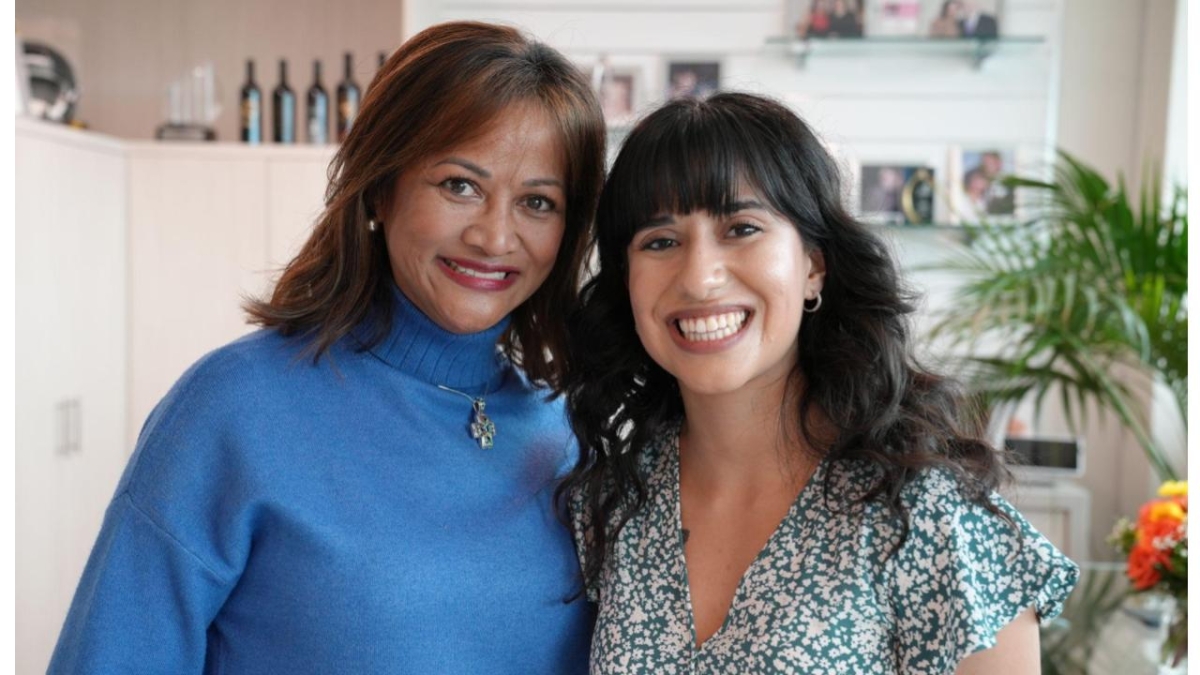
When giving goes global: ASU family invests in students studying media abroad
The dream of studying abroad and making connections globally while in college is often hindered by the substantial cost of traveling and living in a different country. But thanks to the generosity…
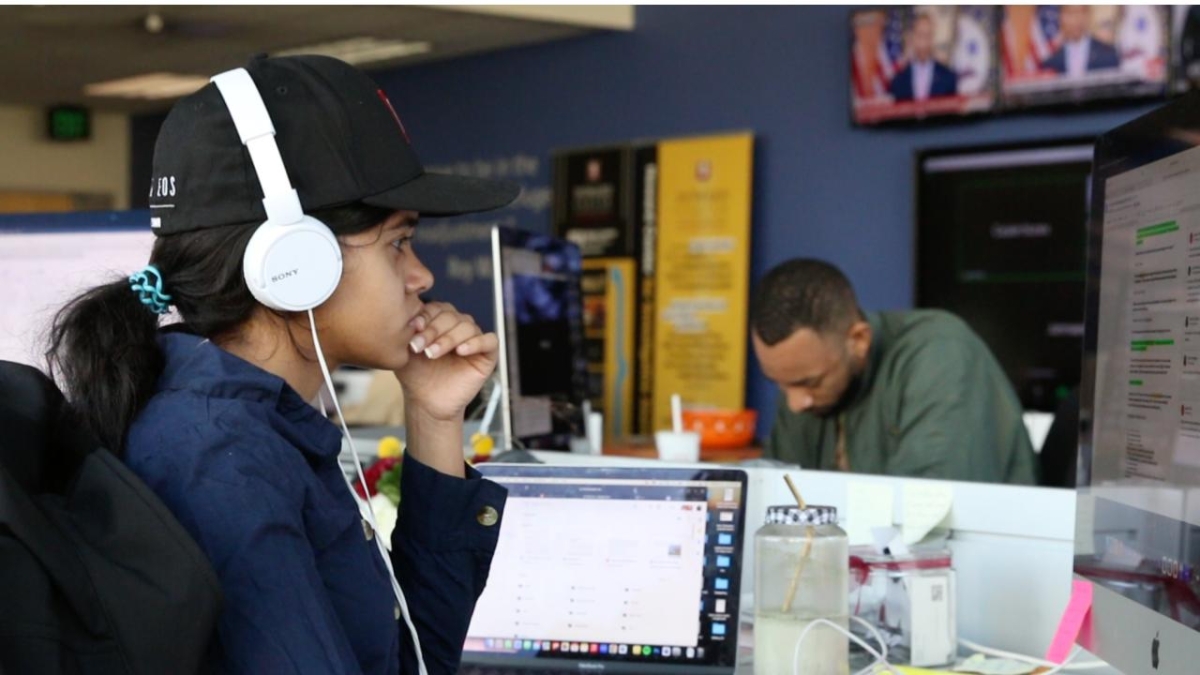
ASU, UMD Howard Centers partner with AP global investigations team on yearslong investigation into police use of force
The Associated Press global investigations team, the Howard Centers for Investigative Journalism at Arizona State University and the University of Maryland (UMD), and "Frontline" (PBS) on Thursday…
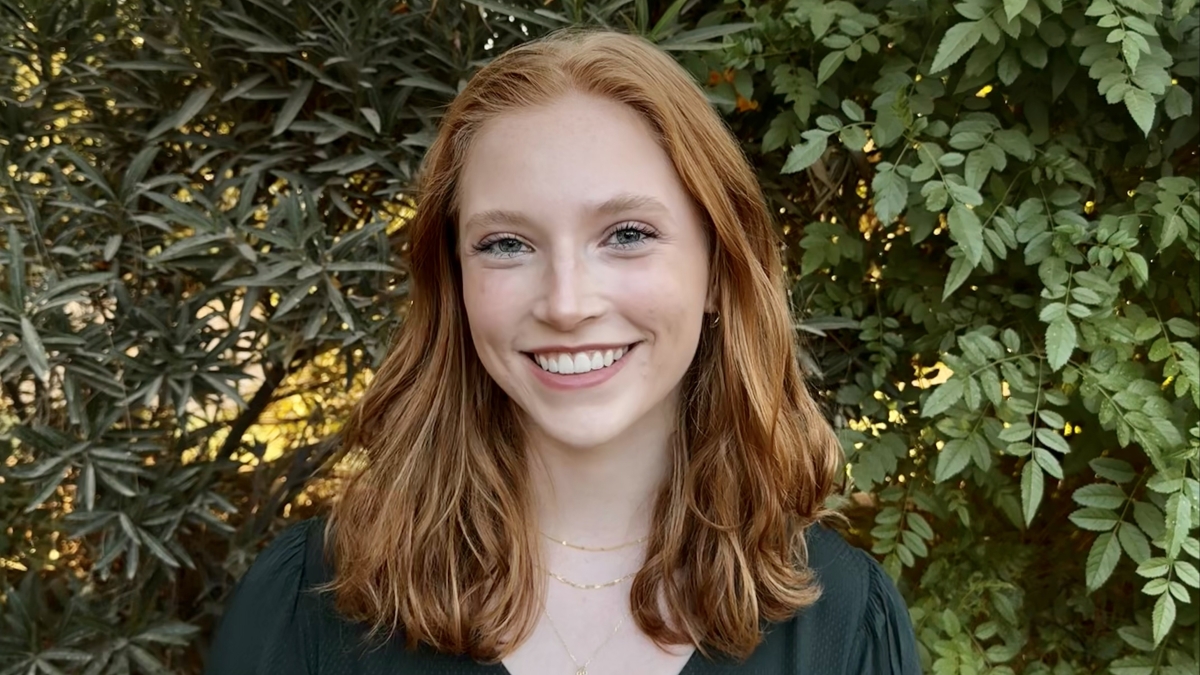
ASU senior's thesis explores gender, politics and perception
For all its benefits, social media is an environment that remains rife with judgement, especially if you're a public figure, and — according to an Arizona State University student's recent research…
